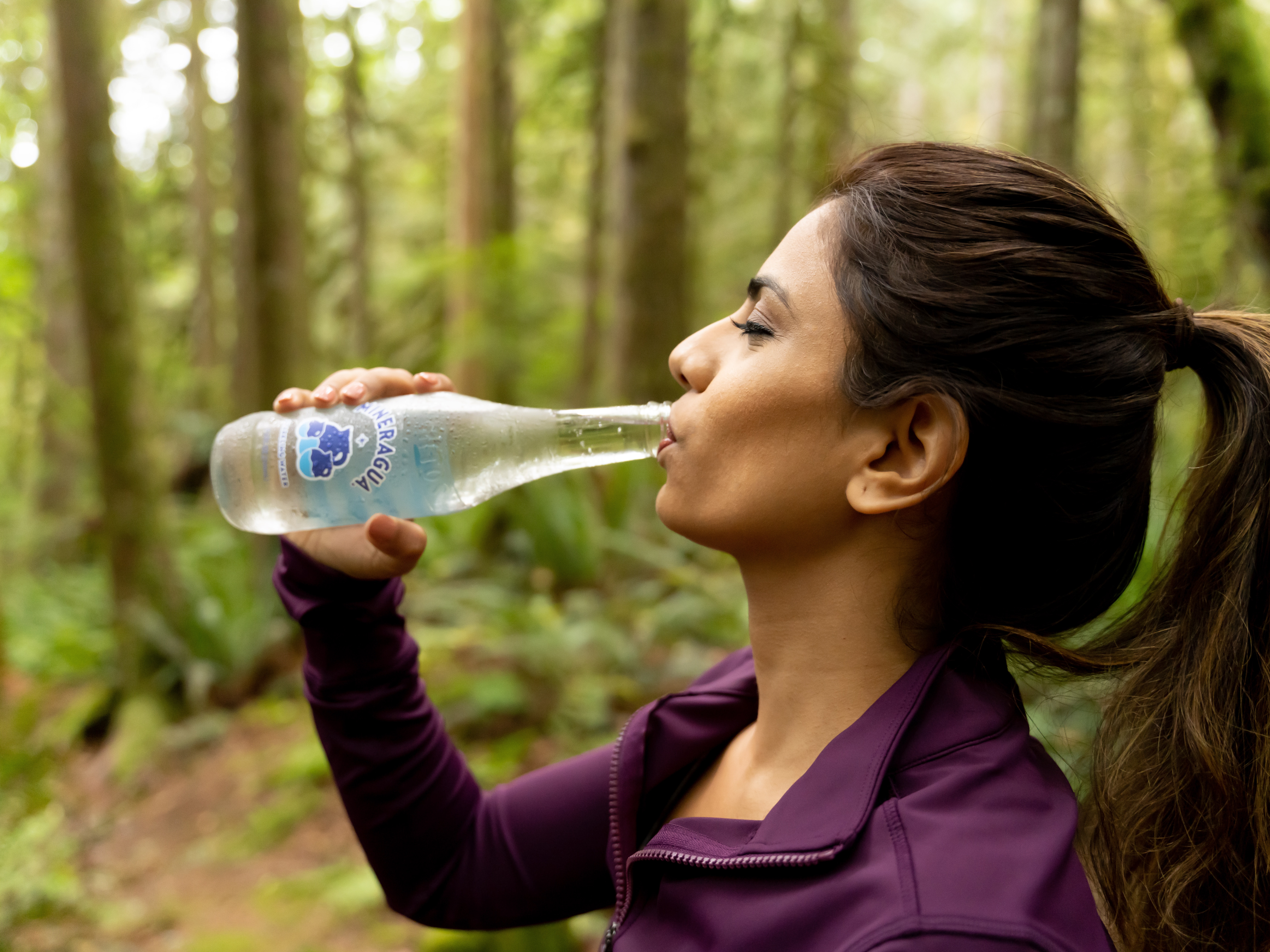How should we take care of our body? What in particular should dialysis patients pay attention to? Which E's to avoid in food?
For people on dialysis, a proper diet is an important part of the treatment process, emphasize experts of kidney disease treatment. Failure to comply with dietary recommendations can lead to malnutrition, excessive accumulation of both fluids and electrolytes – potassium and phosphorus, which are dangerous in excess. Too high concentration of potassium in the blood causes cardiac disorders, while excess phosphorus contributes to disorders in the skeletal system and damage to the cardiovascular system.

Potassium is an essential element of the diet - it is present in almost all foods. Dried fruits (plums, apricots, raisins), cocoa, chocolate, nuts, almonds, seeds, vegetables and fruits, fruit and vegetable juices, powdered or condensed milk, cereal products (buckwheat, barley, wheat bran, oat and corn flakes), as well as potatoes, green peas, bananas and sardines. Canned meat and fish products also have a high potassium content.
People on dialysis should avoid these products, and we all should make sure we follow a balanced diet to provide the body with the right dose of potassium. Its excess causes heart disorders, so especially in the case of dialysis patients, it is necessary to control it and limit its consumption. The norm for a healthy person is in the range of 3.5-5.0 mmol/l, emphasize experts.
Potassium contained in food products can be reduced by thermal treatment - double cooking - mainly potatoes and soaking chopped vegetables and fruits for at least two hours or freezing products before thermal processing. It is also recommended to give up meat and vegetable stocks.
A life-giving element, the excess of which can also be harmful, is phosphorus. High levels of phosphorus can lead to the loss of calcium in the bones, which in turn can cause progressive osteoporosis, increasing the risk of fractures. Excess phosphorus is often manifested by skin itching and can cause painful muscle spasms as well as impaired absorption of other minerals (iron, copper, calcium, zinc, magnesium).
Excess phosphorus in the diet also contributes to the formation of calcifications in soft tissues and calcifications in the walls of blood vessels and leaflets of heart valves. Persistently high concentration of phosphorus leads to a number of complications in the cardiovascular system.
Since it is very difficult to remove excess phosphorus from the body, experts recommend limiting the consumption of products that are its significant source, such as: cheese, including processed cheese, nuts, cocoa, chocolate, almonds, fish (including fresh, salted, smoked, canned), duck, turkey, pates, offal, smoked products, baking powder, cola beverages, egg yolks, wheat bran, buckwheat, beans, peas, and powdered milk. Foods containing the following phosphate additives should also be avoided: E338, E339, E340, E341, E450, E540, E543, E544.

Appropriate thermal treatment, such as longer cooking or steaming, helps reduce phosphate content in prepared dishes.
For people on dialysis, the only effective way to control phosphorus is dialysis, limiting the consumption of products rich in phosphorus and systematically taking drugs that bind it in the digestive tract, explain nephrologists.
A nutrient that must be provided to the body in food is protein (experts recommend consuming about 0.8 - 1.0 g/kg of body weight per day). It is the most important nutrient necessary for the construction of cells, which cannot be replaced by any other ingredient. In our diet, at least 70% of protein should be wholesome, of animal origin: meat (150g/day), eggs (2-3/week) and low-fat cottage cheese (40g/day).
Obviously, moderation is also important when it comes to protein. When there is too much of it, it can cause acidification of the body, and its deficiencies result in malnutrition.
In order for the protein to do what it’s intended to do, we must consume an appropriate amount of calories (for an adult, 35 kcal/kg of body weight/day, and for people over 60 - 30-35 kcal/kg). Otherwise, the body will use them for energy purposes, say doctors.
The main source of energy should be carbohydrates (pasta, groats, flour) and a limited amount of vegetable fats (sunflower oil, soybean oil, olive oil, soft margarine and small amounts of butter). Approximately 50-55% of energy should come from carbohydrates, however, people with diabetes should remember that carbohydrates in the form of, for example, bread, starchy vegetables or fruits cause an increase in glucose levels.
For people with kidney disease, one of the most important issues is also the careful control of the volume of fluid intake. As experts emphasize, liquids are not only drunk water, but also products containing it, such as: soups or other dishes in liquid or semi-liquid form (e.g. yoghurts), as well as desserts: ice cream, jelly, fruit or some vegetables.

In a dialysis patient, excess fluid can cause swelling, weight gain, and cardiovascular problems.
The volume of fluids that the patient can take per day is always determined by the doctor. This is usually 500 ml of fluids plus an amount equal to the volume of urine excreted (over a 24 hour period). The volume of fluids drunk may be increased in the event of hot weather, vomiting or diarrhoea, according to experts.
What can we do to limit fluid intake?
As experts emphasize, an indirect way to reduce the volume of consumed fluids is to avoid salting food and eating salty products. Salt increases thirst and can also contribute to the accumulation of excess water in the body. Therefore, it is worth eliminating from the diet: salty snacks, such as crisps, nuts and preserved highly processed food (fast food, ready-made express meals, smoked products, canned food, concentrates, stock cubes, soups and powdered sauces). You can also use herbs and spices instead of table salt.
Some ways to combat thirst include gargling with lukewarm water, drinking a small amount of chilled mint tea, or chewing gum. It is important to drink in small sips, and keep each portion of liquid in the mouth as long as possible. You should also take care of oral hygiene and brush your teeth after each meal.
Dialysis patients often experience decreased appetite. Adding a pinch of cinnamon, mint or ginger to a dish can naturally stimulate it. It is also important to lead an active lifestyle: a walk in the fresh air or simple exercises. Physical activity brings positive effects in terms of well-being, motivates you to lead a healthier lifestyle and can significantly improve your quality of life.
You should also eat meals at regular times (at intervals of 3-4 hours): three main meals and two smaller complementary snacks.
A properly balanced diet, adapted to our health and taking into account our needs, is fundamental not only during the carnival season. However, especially now, when we are tempted by long-awaited goodies everywhere, we should be prudent and reasonable. Our body will certainly thank us for it by staying healthy throughout this new year.